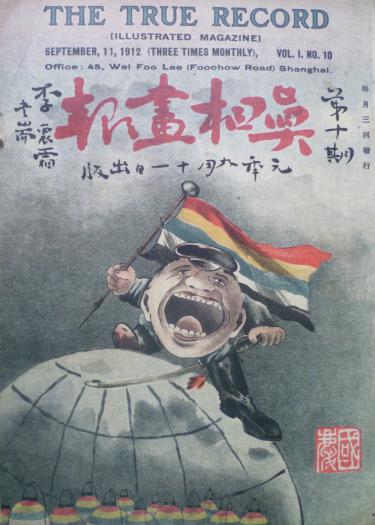Centre for Asian and Transcultural Studies Angels of the Apocalypse: Cinema, Religion, and the End of the World
- Termin in der Vergangenheit
- Donnerstag, 12. Dezember 2024, 14:30 - 16:30 Uhr
- Centre for Asian and Transcultural Studies (CATS), 010.01.05 (CATS Auditorium), Voßstraße 2, 69115 Heidelberg
- Dr Marika Rose, University of Winchester (UK), School of History, Archaeology and Philosophy
In contemporary cinema, the primary function of angels is to guarantee social reproduction – that is, to ensure the continuing existence of the social order, and therefore to ward off the end of the world. This lecture will consider the role of angels in late 20th and early 21st century apocalyptic cinema. Where the angels of romantic comedies appear primarily as suited bureaucratics, playful tricksters, or hapless humans recently elevated to spiritual status, the angels of apocalyptic films appear as warriors or cops whose primary role is to maintain the precarious balance between good and evil. In this paper, Dr Rose will explore these cinematic representations of angels at the end of the world – in films such as The Prophecy (1995), Constantine (2005), and Legion (2010) – suggesting that these cinematic apocalypses can illuminate both the role of men and masculinity in social reproduction, and the ways in which contemporary Christianity functions alongside the state in playing the role of katechon – that is, as for St Paul and for Carl Schmitt, of holding back the apocalypse.

Adresse
Centre for Asian and Transcultural Studies (CATS)
010.01.05 (CATS Auditorium)
Voßstraße 2
69115 HeidelbergVeranstalter
Veranstaltungstyp
Veranstaltungsreihe
Vortrag
Alle Termine der Veranstaltung 'Apocalypse Now. Time, Historicity and Worlds After'
Lecture Series
While periodization — the partition of time into segments with a specific beginning and end — is integral to historical method, it cannot be dissociated from a wider reflection on a key issue: the relation between emic time (time as perceived by historical actors) and etic time (time as established by the scholar’s historical narrative). The relation between emic and etic times is an essential methodological question within human, social, and even natural sciences. This lecture series looks at this this question through a particular lens: the “end of times” or “apocalypses.” How do historical actors perceive it? What happens to historiographical narratives when actors talk about the future as the “end” of time? How has such a vision of the future shaped narratives and periodization schemes?
By focusing on “ends of times” and “apocalypse”, the tensions between time, temporalities and time horizons are to be discussed, both methodologically and empirically, in specific contexts. The three main areas are: 1) political history — the history of revolutions; 2) religious history — the history of last judgements and revelations; and 3) natural history — the history of pandemics, cataclysms and disasters. The first block (political history) will discuss the link between revolution and the end of time, starting with revolutions at the turn of the eighteenth and nineteenth centuries, including the Russian and Chinese revolutions. The second block (religious history) will consider perceptions of the end of time within some of the main religions, considering different takes on apocalyptic revelations, universal floods, millenarianisms and messianic movements. Finally, the third block (natural history) will discuss natural disasters and epidemics, and will feature the controversies over geological eras (such as the Anthropocene) and collapsology.